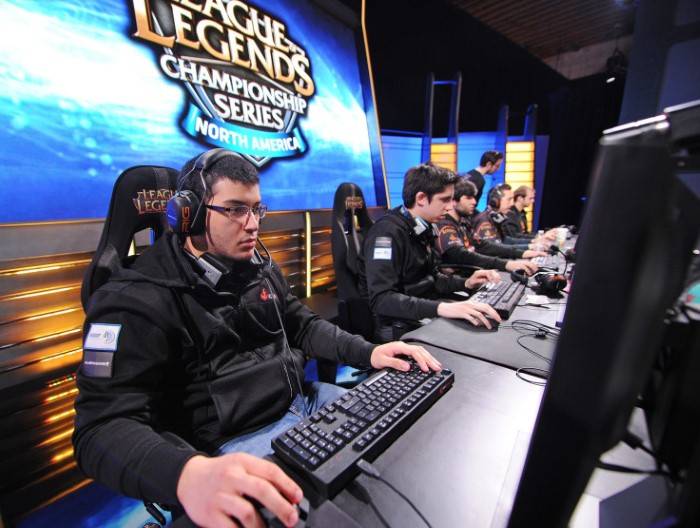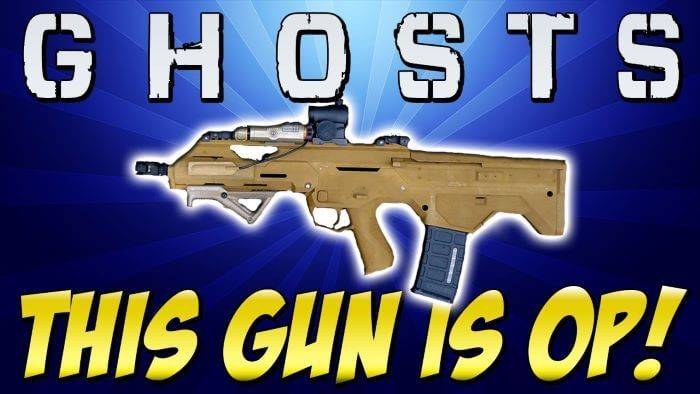Unveiling the Mysteries Behind “OP”

In the expansive realm of gaming, jargon and slang weave through the digital landscapes, enriching the gaming experience and fostering a sense of community among players worldwide. Among these linguistic nuances, one term stands out prominently: “OP.” For the uninitiated, deciphering this seemingly innocuous abbreviation can be akin to navigating a labyrinth without a map. Fear not, fellow gamers, for this comprehensive guide aims to shed light on the multifaceted meaning, implications, and significance of “OP” in gaming culture.
What Does “OP” Stand For?
Before delving into the depths of its implications, let’s first demystify the acronym itself. “OP” most commonly stands for “overpowered” in the gaming lexicon. This term originates from the concept of a character, weapon, ability, or strategy within a game being disproportionately dominant or excessively strong compared to others. However, it’s crucial to recognize that “OP” can also carry different meanings depending on the context and the gaming community in question.
The Evolution of “OP” in Gaming
To truly understand the significance of “OP,” it’s essential to trace its evolution within the gaming landscape. The term’s usage can be traced back to the early days of multiplayer gaming, where players would colloquially refer to imbalanced game elements as “overpowered.” Over time, this term transcended its literal meaning and became ingrained in gaming culture as a shorthand for anything deemed excessively dominant or advantageous.
As gaming evolved and diversified, so too did the manifestations of “OP.” From characters in competitive esports titles to weapons in first-person shooters and strategies in real-time strategy games, the concept of overpowerment permeates virtually every genre, shaping gameplay dynamics and player interactions.
Decoding the Implications of “OP”

Understanding when something is deemed “OP” is not merely a matter of raw statistical power but rather a delicate balance between efficacy and fairness. In gaming communities, the designation of something as “OP” can spark heated debates, fueling discussions about game balance, developer intent, and player skill.
When a character or element is labeled as “OP,” it can have far-reaching consequences for the game’s ecosystem. Developers may face pressure to address perceived imbalances through patches or updates, while players may adapt their strategies or flock to the dominant option, altering the meta-game in the process.
Navigating the Grey Area: Subjectivity in “OP” Assessments
One of the most intriguing aspects of the “OP” phenomenon is its inherent subjectivity. What one player perceives as overpowered, another may view as a manageable challenge or a welcome addition to gameplay diversity. This subjectivity stems from diverse playstyles, skill levels, and personal preferences, highlighting the nuanced nature of gaming perception.
Furthermore, the perception of “OP” can fluctuate over time as players adapt, strategies evolve, and game balance undergoes adjustments. A character or strategy that once reigned supreme may find itself dethroned by counterplay, balance changes, or shifts in the meta-game, illustrating the dynamic nature of gaming ecosystems.
Strategies for Addressing “OP” Elements
In the perpetual quest for balance, developers employ various strategies to address “OP” elements within their games. These approaches can range from direct nerfs (reducing the power of a dominant element) to buffs (strengthening weaker options), reworks (fundamentally altering how a character or mechanic functions), or even introducing new content to counteract existing imbalances.
However, navigating the delicate balance of game design requires finesse and foresight. Overreacting to perceived imbalances can inadvertently disrupt the delicate equilibrium of the game, while neglecting legitimate concerns may alienate players and compromise the integrity of the experience.
The Role of Player Feedback in Balancing “OP” Elements
In an era of increasing connectivity and community engagement, player feedback plays a pivotal role in shaping the trajectory of gaming development. Developers often rely on feedback channels, such as forums, social media, and in-game surveys, to gauge player sentiment and identify areas of concern regarding “OP” elements.
By fostering open communication channels between developers and players, gaming communities can actively participate in the iterative process of game balance, contributing valuable insights and perspectives that inform decision-making and enhance the overall gaming experience.
Embracing the Complexity of “OP” in Gaming
The concept of “OP” transcends its literal definition to embody the intricate interplay between power, balance, and player perception within the gaming landscape. From its humble origins as a slang term to its status as a cornerstone of gaming discourse, “OP” serves as a testament to the vibrant diversity and passionate engagement of gaming communities worldwide.


